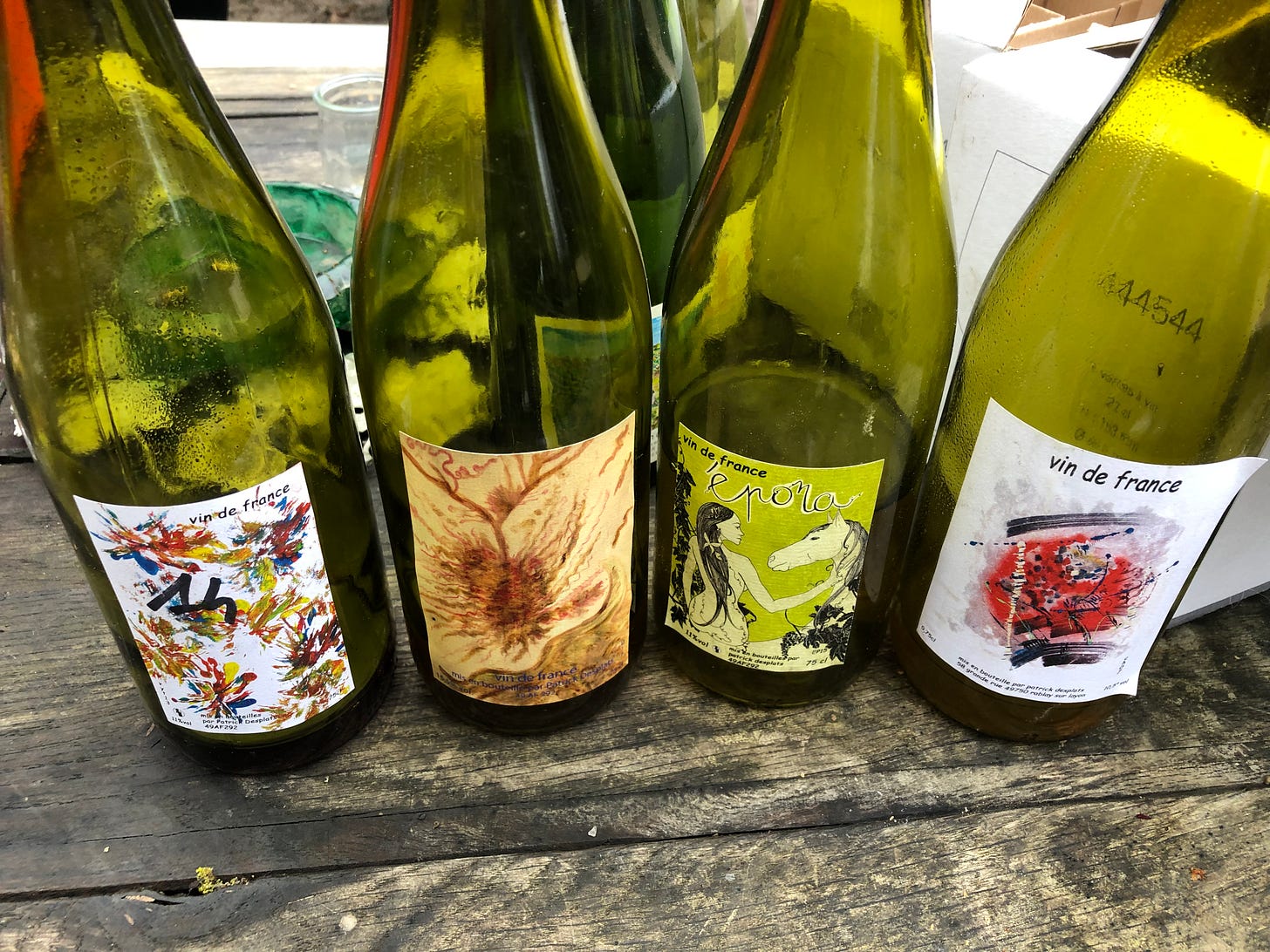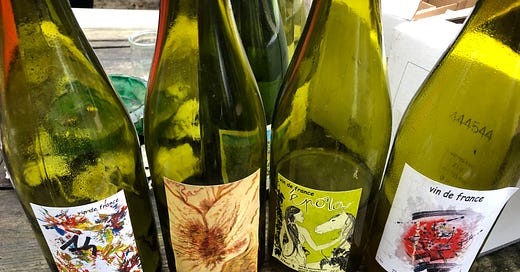Why you don't need to learn to talk about wine
Hannah Fuellenkemper reflects on why she neither understands nor needs the technical language of wine

I used to think wine was for other people, just like martinis were for lawyers. While I drank it, my choices were based on a vague notion of the Rhone being in the south, and where the bottle stood on the supermarket shelf rather than knowledge. It was for others to know about. Others like Jancis Robinson whose FT Weekend columns so often go, ‘As you know [insert something few do here]’, like my dad (who I later learned doesn’t know much at all), and my boyfriend who always knew the answer to my "what's that wine I like again?" question.
As someone who doesn’t like to talk if I don’t know what I’m talking about, I had nothing to say about wine. There was so much I didn’t know and so many who sounded so sure they knew it all. Grape varieties, domaines, the winemaker’s dog’s name. Soil type, year, weather. There was biology, chemistry, history, geology. A smattering of anthropology, lots of geography. I remember learning about oxbow lakes in school but I guess the Loire wasn’t one becaus…
Keep reading with a 7-day free trial
Subscribe to The Morning Claret to keep reading this post and get 7 days of free access to the full post archives.




